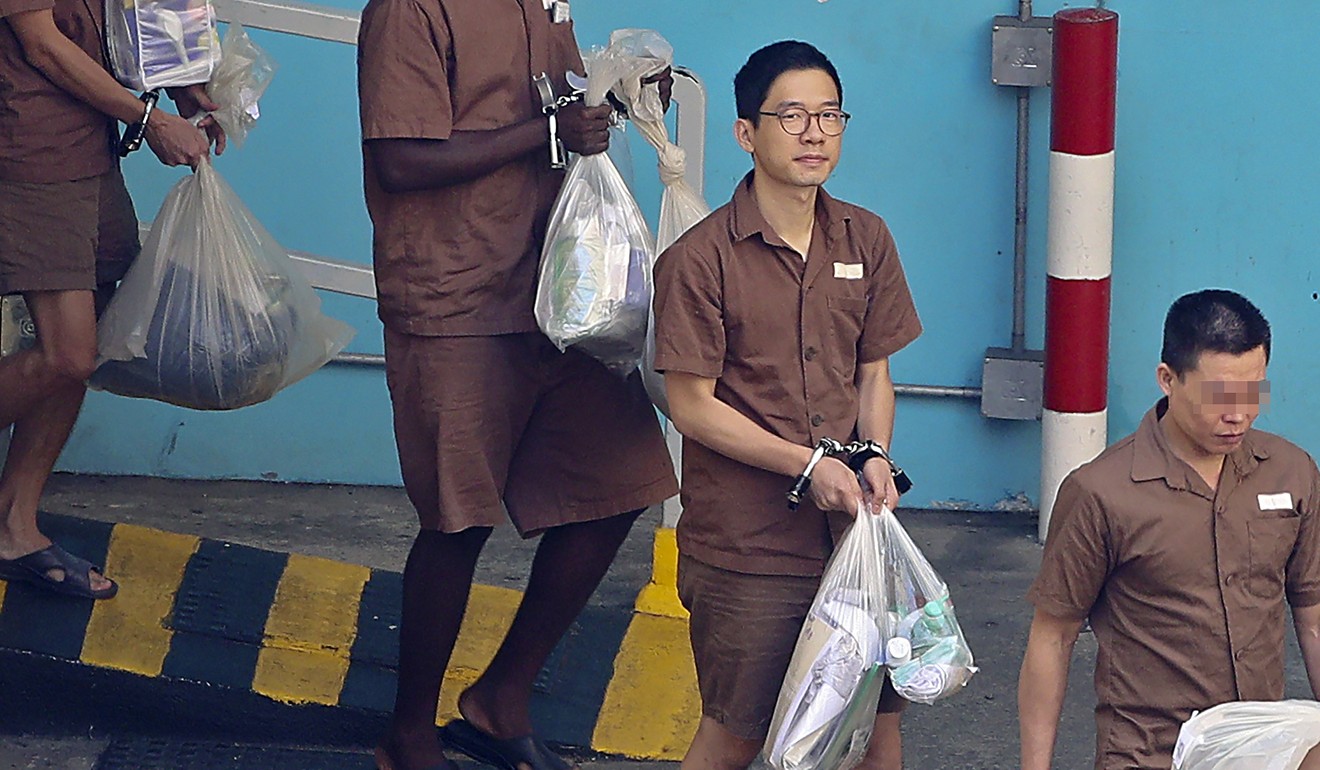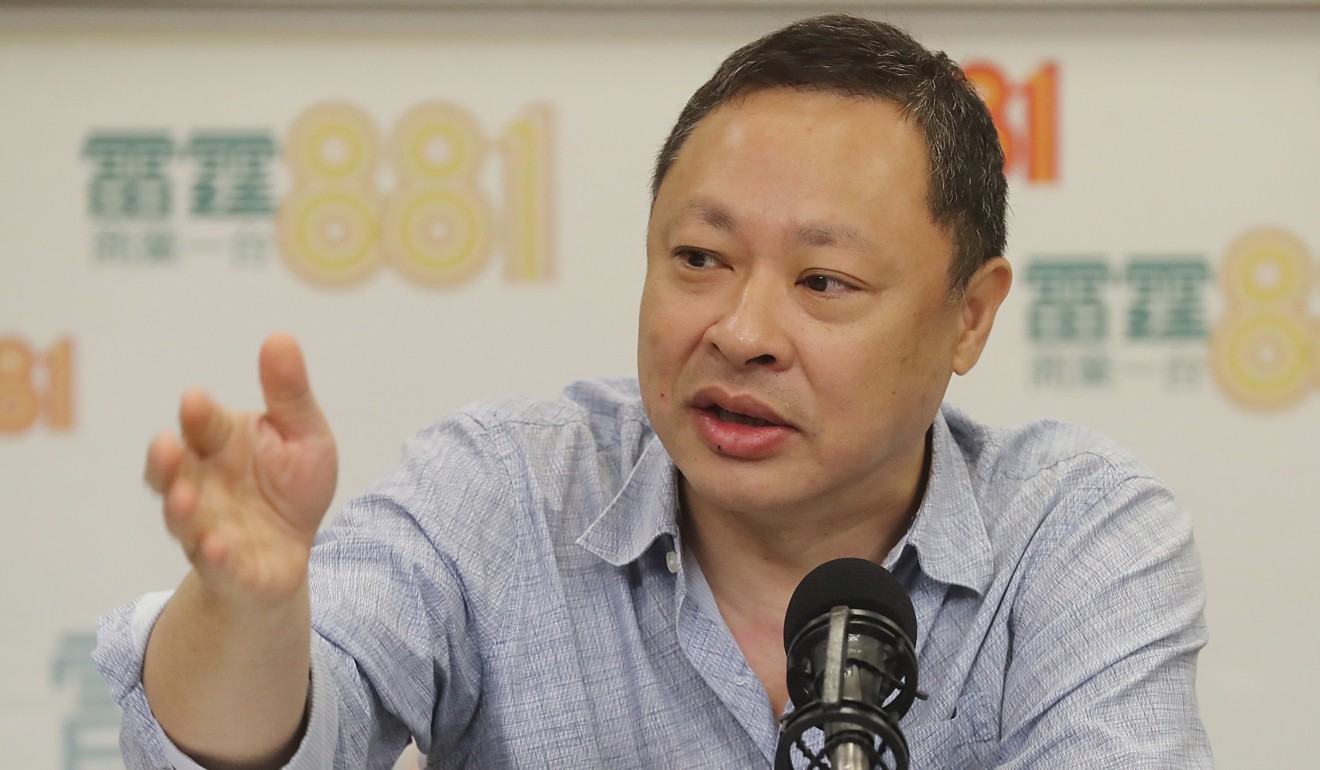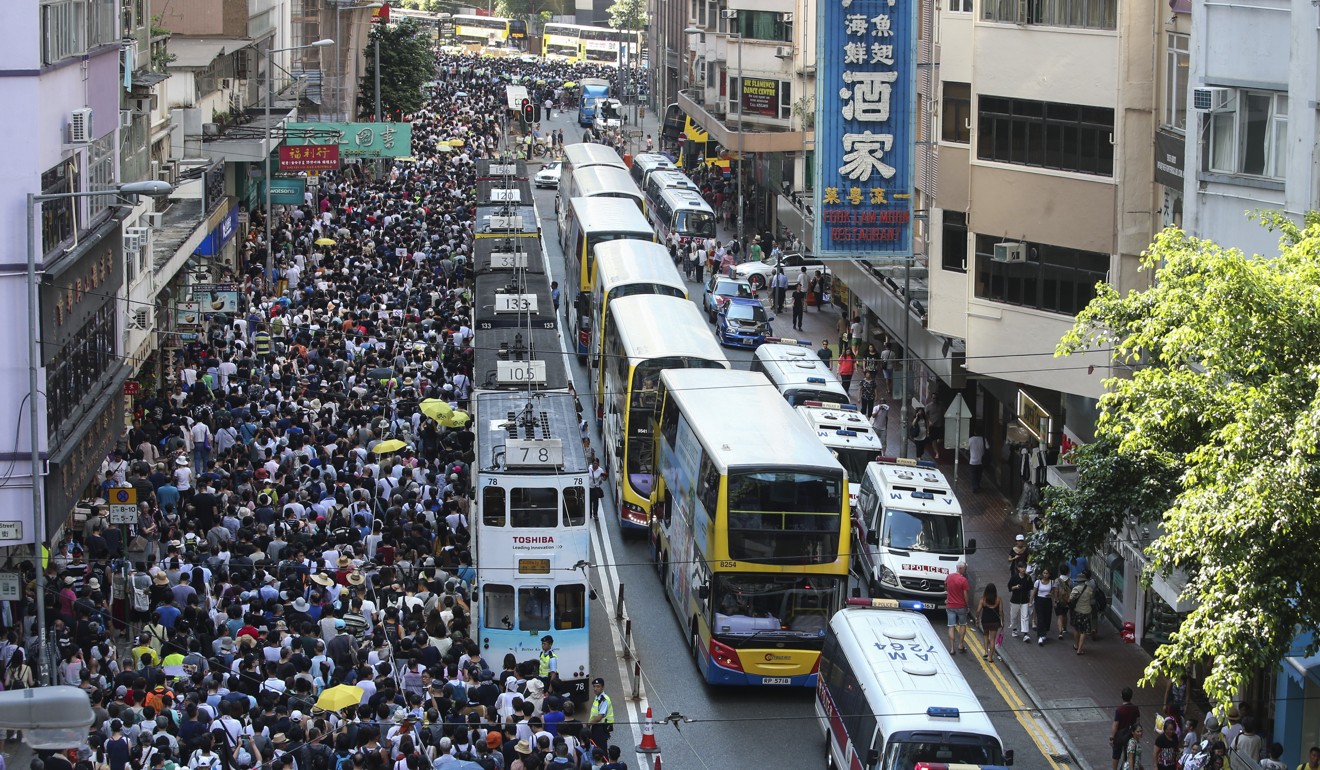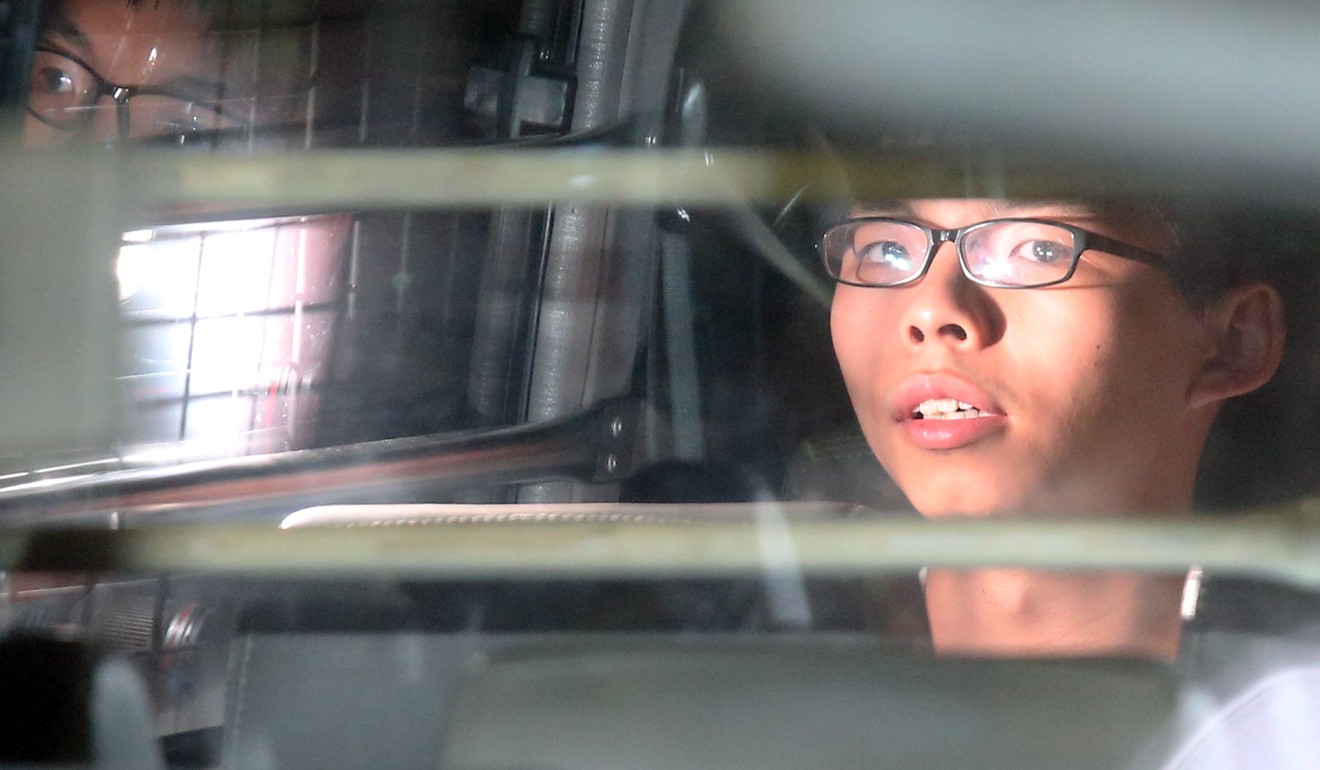
‘Ungrounded’ attacks on Hong Kong’s judiciary are a threat to the city’s rule of law, say legal experts
Senior Counsel Paul Lam said there was risk people may lose confidence in Hong Kong’s courts and an urgent need for professional bodies to address these concerns
“Many people have suggested the judiciary has already lost its independence and that the court has succumbed to the pressure from the central government ... they have cast doubts on the integrity of the judges,” Lam told Commercial Radio on Saturday morning.

“But how much do these subjective suspicions reflect the objective reality?”
He said there was an urgent need for the professional bodies to address the concern as such criticism could harm the city’s rule of law, with people losing confidence in or respect for the courts.
With Hong Kong’s young faces of democracy in jail, is civil society being put in chains?
Hong Kong might be caught up in a self-fulfilling prophecy following the repetition of untrue statements on the city’s judicial independence, Lam said.

Occupy movement co-founder Benny Tai Yiu-ting, a legal academic at University of Hong Kong, cited a comment made by British judge Lord Hoffmann in 2006, which said civil disobedience movements on conscientious grounds had a long and honourable history and it was the mark of a civilised community to accommodate protests of this kind.
Joshua Wong’s mother writes letter to son blasting Hong Kong government’s pursuit of jailed pro-democracy activists
But Lam argued Lord Hoffmann, a non-permanent judge of the city’s Court of Final Appeal, has also set out conditions on civil disobedience movements – such as that the acts should be proportional and should not create inconvenience or inflict harm on others.
Civil disobedience could be a considerable factor in mitigation but one would not be ruled innocent because of this, Lam said.
He also dismissed suggestions that the court had ignored the motives of the Occupy trio.
Lam’s views were joined by his predecessor Winnie Tam Wan-chi, who called on public to respect the judiciary.

The government prosecutors were accused of launching a “political persecution” on the Occupy trio by asking for stiffer sentences from the Court of Appeal, after the magistrate gave them suspended jail terms or community service orders.
Rimsky Yuen: Joshua Wong, Nathan Law and Alex Chow are in jail because Hong Kong law demands it
Tam said the magistrates, the lowest tier of the judiciary, were under immense pressure following the Occupy movement in 2014, as they were not used to handling such highly controversial and political cases and that there were also insufficient guidance from higher courts.
“It is understandable ... for the Department of Justice to take this suitable chance to ask for guidance from the higher court [in handling such cases],” Tam, the former chairwoman of Bar Association, told RTHK on a separate radio show.

Executive Council convenor Bernard Chan said there will always be opposition to court rulings when asked how would he interpret last Sunday’s protest, in which thousands of people took to the street to oppose the recent jail sentences for political activists.
Judiciary in the dock: jailing of student activists opens door to debate
Speaking on a radio programme on Saturday, Chan said the city’s judicial system was good enough and the public should treasure it, as those who do not agree with a court’s ruling have scope to appeal.
“If people don’t believe in the system, I don’t know what will satisfy them,” Chan said.
Additional reporting by Yupina Ng

